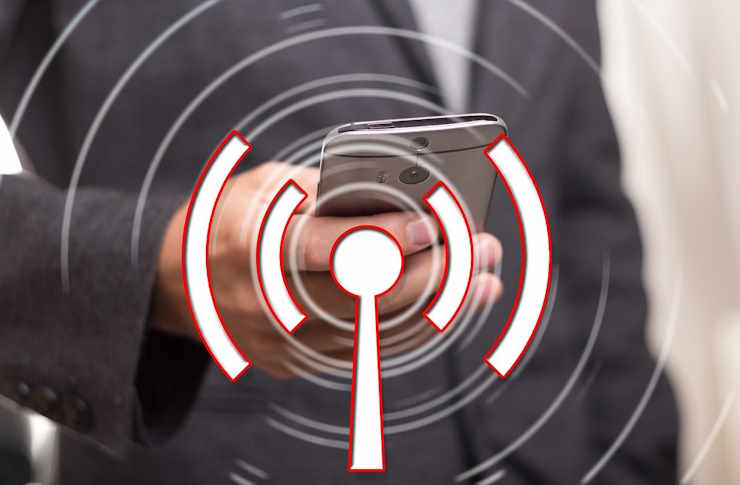Chronotherapy: Aligning Medicine with Your Body Clock
The timing of medical treatments could be just as crucial as the treatments themselves. Welcome to the fascinating world of chronotherapy, where healthcare meets the science of circadian rhythms. Could aligning your medications with your body's natural clock enhance their effectiveness and reduce side effects? Let's explore this cutting-edge approach that's reshaping how we think about medicine and healing.

The concept isn’t entirely new—traditional Chinese medicine has long emphasized the importance of timing in treatments. However, modern chronotherapy combines this ancient wisdom with cutting-edge scientific research to optimize medical interventions. By aligning treatments with our body’s natural rhythms, chronotherapy aims to enhance efficacy while minimizing side effects.
The Science Behind Body Clocks
At the heart of chronotherapy lies the circadian rhythm, a complex biological system governed by a master clock in the brain called the suprachiasmatic nucleus (SCN). This tiny region, located in the hypothalamus, orchestrates a symphony of physiological processes throughout the body.
Recent research has uncovered that nearly every organ and tissue in our body has its own peripheral clock, synchronized by the SCN. These clocks regulate the expression of thousands of genes, influencing everything from blood pressure and body temperature to immune function and drug metabolism.
Understanding these intricate biological rhythms allows healthcare professionals to time interventions for maximum benefit. For instance, studies have shown that certain chemotherapy drugs are more effective and less toxic when administered at specific times of day, aligning with the cancer cells’ vulnerable periods.
Chronotherapy in Practice
The application of chronotherapy spans various medical fields. In cardiovascular medicine, research indicates that taking blood pressure medications in the evening, rather than the morning, can lead to better blood pressure control and reduced risk of heart attacks and strokes.
For asthma patients, timing inhaler use to coincide with the body’s natural anti-inflammatory responses can improve symptom management. Similarly, the effectiveness of pain medications can be enhanced by considering the body’s pain threshold, which fluctuates throughout the day.
Even in the realm of mental health, chronotherapy shows promise. Light therapy, strategically timed to reset the body’s internal clock, has proven effective in treating seasonal affective disorder and other mood disorders.
Challenges and Future Directions
While chronotherapy holds immense potential, its widespread implementation faces several challenges. One significant hurdle is the variability in individual circadian rhythms. Factors like age, genetics, and lifestyle can influence a person’s internal clock, making it difficult to establish one-size-fits-all treatment schedules.
Moreover, the complexity of chronotherapy requires a paradigm shift in how healthcare is delivered. It demands more personalized and time-sensitive approaches, which can be logistically challenging in current healthcare systems.
Despite these obstacles, ongoing research in chronobiology continues to uncover new possibilities. Advances in wearable technology and artificial intelligence are paving the way for more precise, individualized chronotherapeutic interventions. These tools could potentially allow for real-time monitoring of a person’s biological rhythms, enabling truly personalized treatment timing.
The Role of Lifestyle in Chronotherapy
While medical chronotherapy focuses on timing treatments, the principles of aligning with our body clocks extend to daily life as well. Sleep hygiene, meal timing, and exercise schedules all play crucial roles in maintaining a healthy circadian rhythm.
Experts suggest maintaining consistent sleep and wake times, even on weekends, to support the body’s natural rhythms. Similarly, timing meals to coincide with the body’s metabolic peaks can aid in digestion and weight management. Regular exercise, particularly when performed at consistent times, can help reinforce circadian rhythms and improve overall health.
Chrono-Wellness Tips
-
Maintain a consistent sleep schedule, even on weekends
-
Expose yourself to natural light in the morning to reinforce your circadian rhythm
-
Avoid blue light from screens in the evening hours
-
Consider the timing of your meals, aiming to eat within a 12-hour window
-
Schedule high-intensity workouts for the afternoon when body temperature and muscle strength peak
-
If you take medications, discuss optimal timing with your healthcare provider
As we continue to unlock the secrets of our internal clocks, chronotherapy stands at the forefront of a new era in medicine. By harmonizing treatments with our body’s natural rhythms, we open the door to more effective, personalized, and holistic healthcare. While challenges remain, the potential benefits of chronotherapy offer an exciting glimpse into the future of wellness—a future where healing is not just about what we do, but when we do it.






